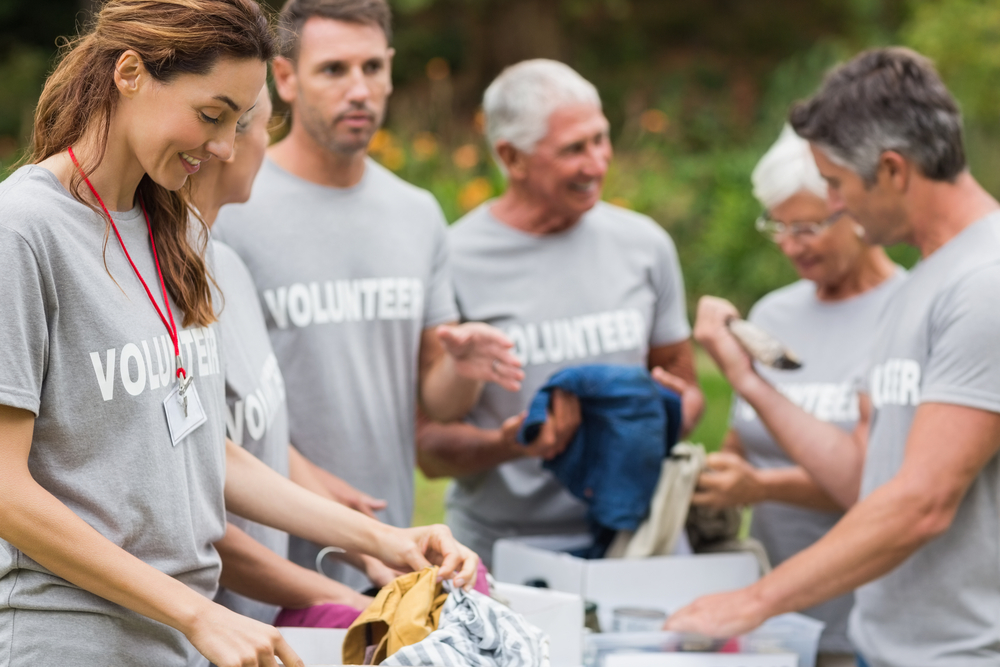Group Relationships That Support Families
What are Group Social Resources?
Being part of a group opens up opportunities for building human resources (knowledge, abilities, or health) and for developing deeper one-on-one relationships and a good reputation. Like individual relationships, you can think of group relationships as mostly economic (built around money) or social (not built around money).
The basic economic group is usually the company you work for or own. Joining a company gives you easier access to everyone in the company because you’ve moved from an outsider to an insider. Since you work with people inside the company every day, choose a company with people who can increase both your group and individual resources. If you own your business, you can select the economic relationships you invest in because you decide who to work with and for.
The basic social group is the family. It is important to develop relationships within the family as well as outside the family. If family connections are too weak, family members will drift away from each other, reducing the overall social resources. On the other hand, if family connections are too strong, they can monopolize too much time which makes it difficult for individuals to connect with others outside the family. Regular family activities can help build internal family connections, and inviting friends to some family gatherings can help create social resources outside the family as well. The one caveat on family relationships is that if your family doesn’t share your values, it can be counterproductive to build and maintain those relationships.
You can also develop group resources by joining or creating groups around your interests. Joining a sports, service, arts, professional, educational, or religious organization creates a connection with that group. Joining a sports team builds your health (human resources) and connects you to the members of the team, and those relationships may become useful in other ways. I play volleyball every week, and the group allowed me to bring my kids and then helped teach my kids to play. Joining an educational organization builds abilities (human resources), increases social resources through relationships with students and teachers, and gives students access to alumni who may support them with scholarships, jobs, or other connections.
Joining a religious group can have highly variable results. In the best cases, the religious group provides its members with good financial, social, and human resources as well as providing and supporting a successful family business model. I got two of my jobs from relationships that started from discussions and befriending people at church. It tends to be easier to make friends at church, because people that attend your same church already share some of your values. In the worst cases, religious groups encourage bad values, support bad business models, and isolate their members from other good social relationships. To avoid bad religions, see if the religion helps people succeed and what business models it supports.
Investing for Group Relationship
Join groups that support your family business model. It is important to find groups that support your family business model. They don’t have to support everything in your family business model, but they shouldn’t contradict the strategy, culture, or structure.
Joining a sports team may support elements of your culture, like hard work and discipline, but sometimes they can consume time and money that is needed in other areas, such as family time or getting out of debt.
Religious groups can support many aspects of your family business model and can provide a large number of relationships, since people want to help others within their religious group. Finding the appropriate religious group can be tricky, but it can be the most valuable source of social resources you will find.
Companies can also be a great source of group resources, but those resources are usually lost when you leave the company. Before joining or leaving a group, make sure you consider the positive and negative consequences to your family business model and your resources.
Group Relationship Investing Quick Guide
- Join groups (sports, community, religious, or company) that will provide you with resources or family business model support that will help you succeed.
- Quit groups that don’t provide you with resources or support your family business model.
- Look for service opportunities within your group to build individual relationships with those in the group.
- Take on service opportunities in your different groups.



